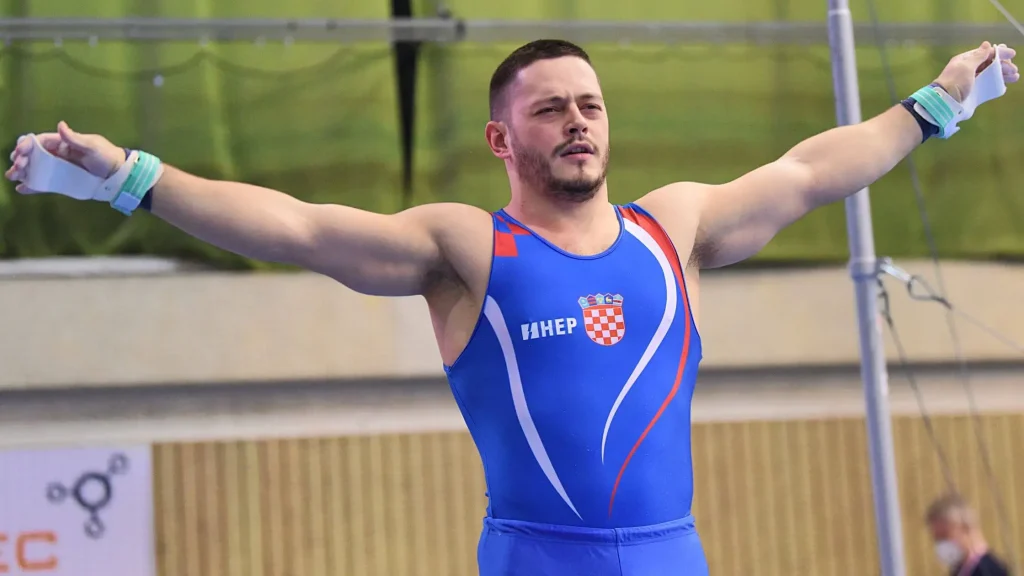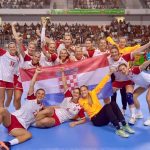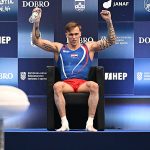Croatia will compete in 17 sports (athletics, badminton, bocce, boxing, gymnastics, wrestling, sailing, judo, karate, 3×3 basketball, fencing, volleyball, swimming, handball, archery, shooting, and taekwondo).
Most Croatia representatives are in volleyball (36), which plays in both competitions with quite strong teams. The Croatia women’s handball team will also play in team sports. These two women’s teams significantly affected the gender balance of Croatia’s competitive delegation, which, with 55 male athletes and 50 female athletes, came close to an almost equal representation.

Croatian colors at the Mediterranean Games will be defended by the Olympic gold medalist from Tokyo Matea Jelić and bronze medalist Toni Kanaet (both from taekwondo), and most of our trump cards (karate, judo, wrestling, boxing) come from martial arts. Silver gymnast Olympian Tin Srbić will also compete in Oran, as well as his representative colleague, currently in excellent shape – Ana Đerek.
Croatia will have exceptionally high hopes in archery, led by Miran Maričić and the Glasnović brothers, and we must not neglect Croatia’s bowlers because they brought a gold medal from the last Games (Pero Ćubela and Nives Jelovica), as well as sailors led by Olympian Elena Vorobev.
The result expectations are within the framework of Croatia’s overall ranking so far in the competition of 25 Mediterranean countries, and this means a place in the Top 10 rankings of medal winners.
Recall, at the last Mediterranean Games in 2018 in Tarragona (Spain), Croatia’s 99 athletes won 17 medals, of which nine were gold, five silver, and three bronze. At the same time, both Croatia national teams in team sports – volleyball and handball – took gold, and Croatia took ninth place in the list of countries that won medals.
For more, make sure to check out our dedicated sports section.










